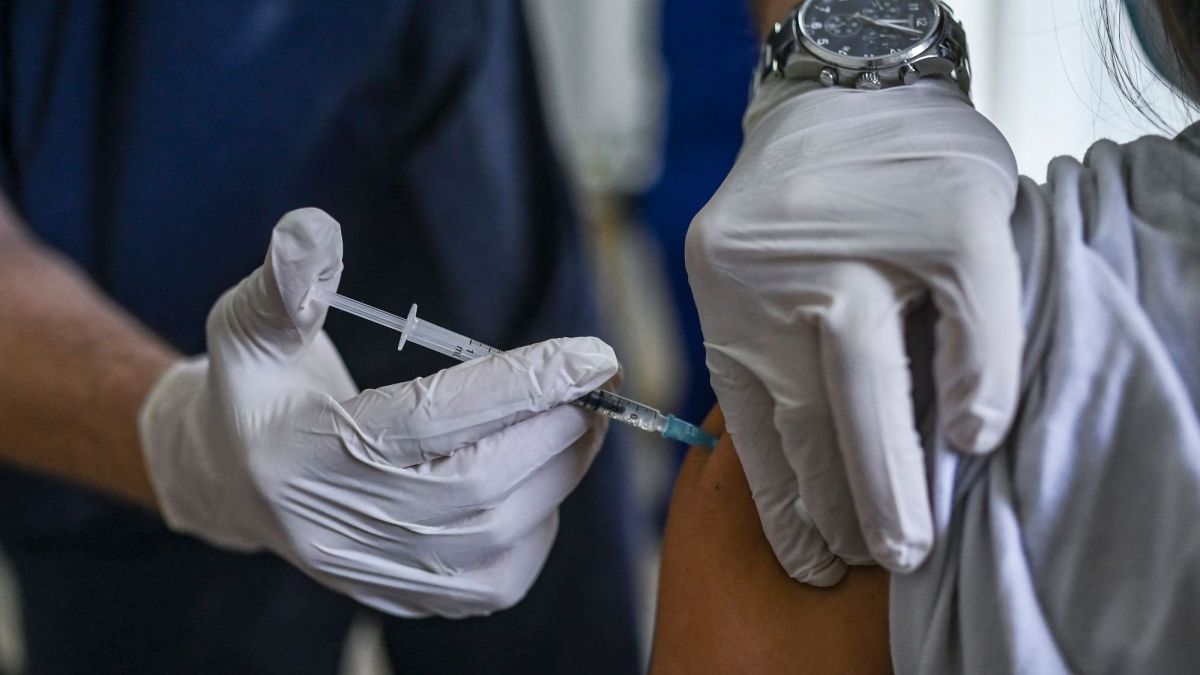The black hole forms a binary system with a very bright red dwarf star and its discoverers officially do it named V723 Mon.
“We nicknamed this black hole the Unicorn, partly because V723 Mon is in the constellation Monoceros – in part because it is a unique system,” said Tharinda Jayasinghe of the University of Ohio.
This graduate student of astronomy is one of the main authors of an article in the monthly magazine Monthly Notices of the Royal Astronomical Society, in which scientists described the newly discovered black hole.
The smallest of the small
According to them, it is especially unprecedented that this black hole is very small. “It is clear that black holes are formed in a wide range of masses. But the existence of a black hole only three times more massive than the Sun is a big surprise. There are no elaborate models as to how such a black hole could arise, “said the co-author study Kris Stanek.
Another surprise, according to astronomers, is the fact that this black hole is relatively close to us. However, the estimated 1,500 light-years is still many times farther than the nearest star, Proxima Centauri, than the Solar System. It is four light-years from Earth. The supermassive black hole in the center of the Milky Way, weighing about four million Suns, is about 26,000 light-years away.
–
A black hole is such a material object with such a strong gravity that it curves time and space around itself and even light cannot escape from it. The smallest black holes form when a certain type of star explodes and collapses at the end of its existence. According to qualified estimates, there are about 100 million of these bodies in the Milky Way alone.
– .


